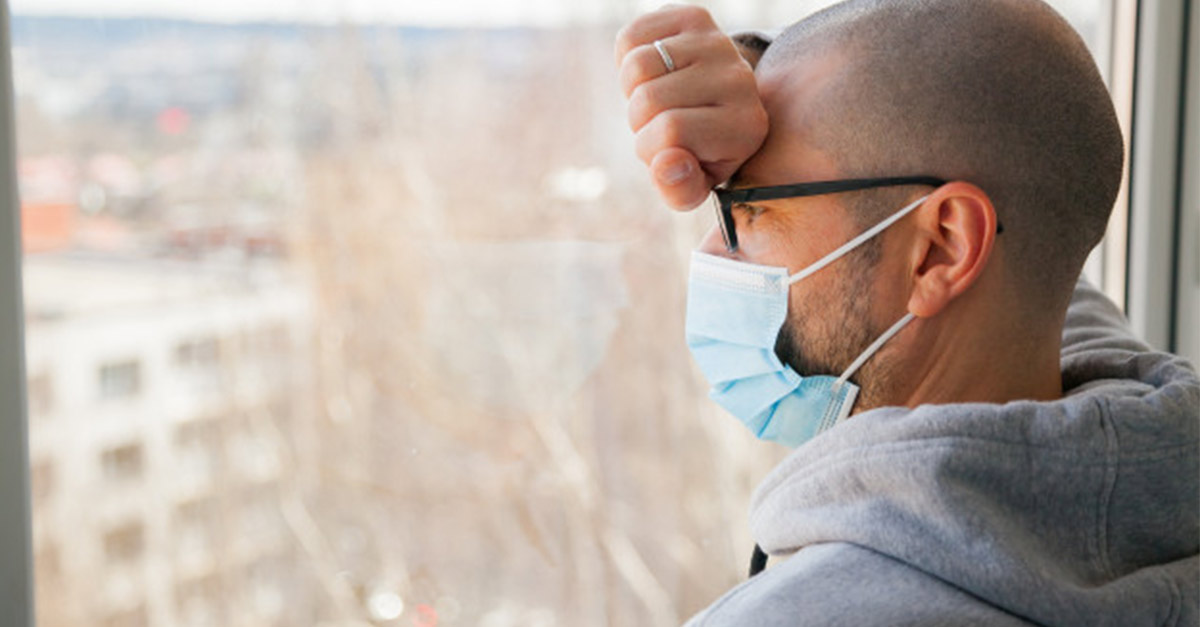Whenever there is a perceived or real threat, we experience a sea of emotions like fear, anger, and stress. With more than 400,000 deaths across the world, COVID-19 is no more a threat, but a harsh reality. As several countries have implemented various measures to restrict free movement; schools, daycare centers, offices, shops, and places of worship are closed. Yes, there are now measures to re-ignite the economy, but there is no ray of hope.
Millions of people have lost their livelihoods, and social distancing has become a norm. The new reality that they have to work from home, take care of children and seniors, need to ensure home-schooling, and a lot more is leading to tremendous stress. The constant worry that they may soon get infected if they accidentally come in close contact with a person having an infection is leading to sleepless nights.
Those with mental health conditions are finding the present scenario unbearable. There is an unprecedented rise in suicide cases during the quarantine period in many nations. Out of fear, people are embracing death. Even, healthcare professionals who are now forced to work round the clock without any rest are experiencing a lot of stress.
So, indeed there exists a complex relationship between COVID-19 and mental health, but there are ways to reduce the negative impact of the same on mental health. Let’s have a look.
- Minimize the reading or watching time to COVID-19 related news. It is best to seek an information update only once or twice a day and that too from a trusted source of information. The continuous bombardment of negative news will make you more anxious and fearful.
- Do not pay heed to rumors over social media. It is better to get facts from WHO or local health authorities to avoid unnecessary stress.
- Be supportive and call your relatives, friends, or colleagues to enquire about their health. There may be people in your community who need some kind of assistance.
- Amplify hopeful stories of the successful recovery of people from the COVID-19 disease. Try to post and share positive stories of people helping each other in these tough times.
- If you are a caregiver of a person with COVID-19, maybe you are experiencing avoidance by your own family members, which is a challenging situation. So, turn to your friends or trusted people for social support.
- Try to keep a regular routine and stay calm. If you have kids, help them in finding ways to express their feelings. With all educational institutions closed, kids are also experiencing isolation like never before.
Fortunately, you can do a lot of things to avoid getting affected by the present scenario. If still, you think that you are feeling overwhelmed by the caregiving duties or the pandemic is taking a toll on your mental health, don’t hesitate to go for a caregiver coaching from an experienced caregiver.

